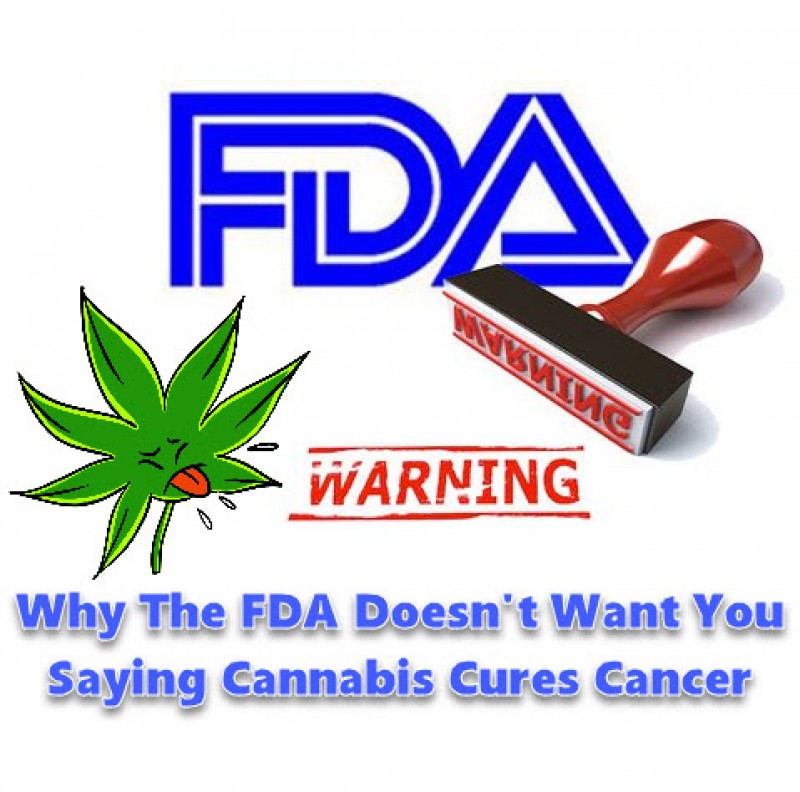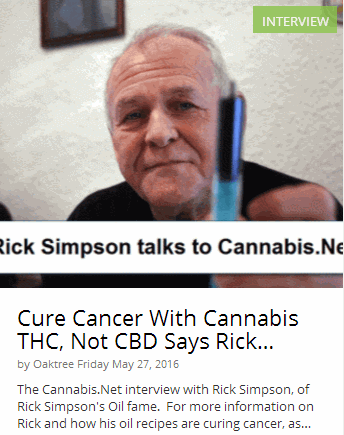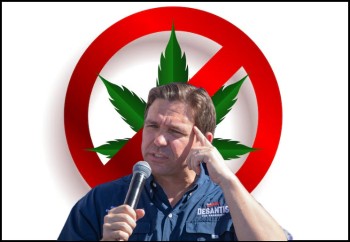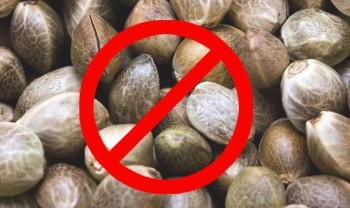FDA Smokes Out On Companies Touting Cannabis’ Cancer-Curing Properties
The FDA Does Not Want You Saying Cannabis Cures Cancer from CannabisNet on Vimeo.
The Food and Drug Administration (FDA) clearly thinks that cannabis’ cancer-curing properties is fake news.
This week, the FDA sent a message to companies who manufacture and sell cannabis products claiming that it can “prevent, diagnose, treat, or cure cancer”. Four companies were targets of the agency’s efforts in trying to suppress the fact that cannabis CAN cure cancer: Natural Alchemist, Greenroads Health, That’s Natural! Marketing and Consulting, and the Stanley Brothers Social Enterprises LLC, because they claimed that their CBD products can help stop cancer from spreading. These companies market CBD products in different forms including capsules, oils, teas, topicals, and syrups.
These warnings are part of the FDA’s latest campaign in an attempt to stop “healthcare fraud”. Last April, they issued over a dozen warning letters to other companies who market “bogus cancer cures.”
According to FDA Commissioner Dr. Scott Gottlieb, “Substances that contain components of marijuana will be treated like any other products that make unproven claims to shrink cancer tumors. We don’t let companies market products that deliberately prey on sick people with baseless claims that their substance can shrink or cure cancer and we’re not going to look the other way on enforcing these principles when it comes to marijuana-containing products.”
The FDA also points out that the cancer-curing claims aren’t supported by any evidence. It’s illegal to sell products that have unapproved and unsubstantiated therapeutic claims, as this goes against the Federal Food, Drug, and Cosmetic Act.
“We support sound, scientifically based research using components derived from marijuana, and we’ll continue to work with product developers who are interested in bringing safe, effective, and quality products to market,” adds Gottlieb.
Cannabidiol (CBD), is one of the compounds of the cannabis plant which has been linked to several dozen studies (not including the anecdotal evidence) proving its efficacy in curing cancer by changing how the body treats the cancer cells; in some cases CBD induces aptosis in cancer cells (cancer cell suicide), while in other cases it prevents tumors from spreading at all. But according to the FDA, CBD is undergoing “substantial clinical investigation” as feasible cancer treatment.
In the FDA’s statement, the agency published product claims that were used by the companies. These included “CBD combats tumor and cancer cells”, “CBD makes cancer cells commit ‘suicide’ without killing other cells,’ “CBD..[has] antiproliferative properties that inhibit cell division and growth in certain types of cancer, not allowing the tumor to grow,” and “Nonpsychoactive cannabinoids like CBD may be effective in treating tumors from cancer – including breast cancer.”
Despite what we know and what science says about CBD and its effect on cancer, the FDA thinks that companies should stay away from marketing these claims to sell their products. The FDA is also wary not just about the fact that these claims are baseless, but the fact that these products are taking patients away from other legitimate treatments (hint: Big Pharma).
“When people are allowed to illegally market agents that deliver no established benefit, they may steer patients away from products that have no proven, antitumor effects that could extend lives,” says Gottlieb, a cancer survivor himself who was successfully treated for Hodgkin’s lymphoma.
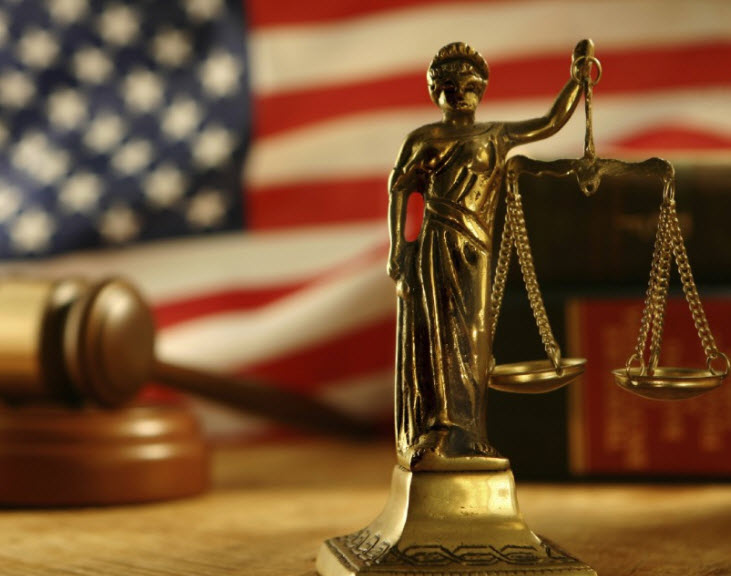
The FDA also used the safety card, albeit unfairly: they claim that these cannabis products weren’t subject to FDA review, unlike other drugs that have been approved by the agency which is why they say that they have no idea about how they work, if they work at all, any side effects, dosage information, and other safety concerns. The FDA has also asked these companies to provide responses on how they intend to correct these violations; the failure to do so may end up in legal action, possibly product seizure.
“We have an obligation to provide caregivers and patients with the confidence that drugs making cancer treatment claims have been carefully evaluated for safety, efficacy, and quality, and are monitored by the FDA once they’re on the market,” said Gottlieb. “We recognize that there’s interest in developing therapies from marijuana and its components, but the safest way for this to occur is through the drug approval process – not through unsubstantiated claims made on a website.”
According to Gottlieb, there are no cannabis-derived products that have been approved by the FDA. He conveniently fails to mention how others are already in later-stage clinical trials, such as GW Pharmaceuticals’ epilepsy treatment, or Zynerba Pharmaceuticals’ cannabis gel for autism.
Seems like the FDA needs cannabis to help them treat their selective memory.
OTHER NEWS YOU MAY ENJOY...
THC TO CURE CANCER, RICK SIMPSON SPEAKS, CLICK HERE.
